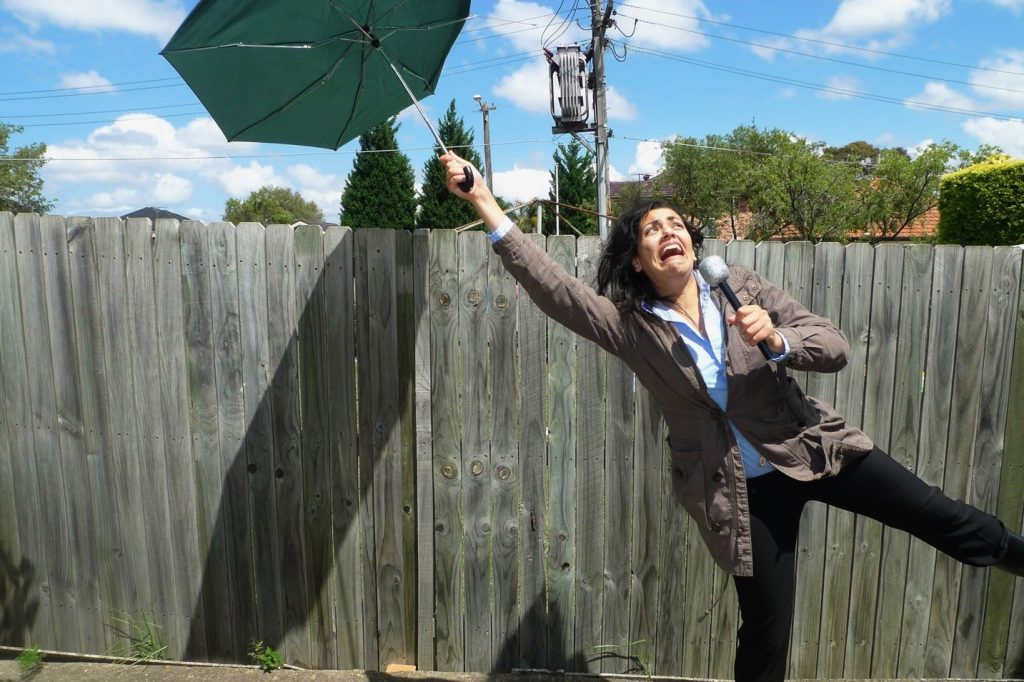Have you ever paused to consider how much we rely on weather forecasters to plan our days, from deciding if we need an umbrella to scheduling flights? National Weatherperson's Day, celebrated on February 5, is more than just a tip of the hat to those who predict the weather; it's a day steeped in history and appreciation for the unsung heroes of our daily lives. This special day traces its roots back to the late 1990s, thanks to the efforts of the American Meteorological Society (AMS) and the National Weather Association (NWA). While some believe it commemorates the birthday of John Jeffries, a pioneer in weather observation, others attribute it to the anniversary of a groundbreaking weather forecast transmission by Edward R. Pepple. Regardless of its origins, this day shines a spotlight on the critical role meteorologists and weather forecasters play in keeping us safe and informed. Their dedication ensures that come rain or shine, we're never left out in the cold.
Key Takeaway
Timeline
Day Activities
-
Kick off National Weatherperson's Day with a bang by tuning into your local weather forecast. Show your appreciation for the folks who predict Mother Nature's next move by sending a heartfelt thank you note or shout-out on social media. It's a simple gesture, but it goes a long way in showing gratitude for their tireless efforts in keeping us all safe and informed.
-
Why not dive deeper into the world of meteorology? Organize a visit to your local weather station or arrange for a meteorologist to give a talk at schools or community centers. It's a fantastic opportunity for kids and adults alike to learn about the science behind weather forecasting and the critical role meteorologists play in our daily lives.
-
Lastly, cap off the day by participating in weather-related activities. Whether it's launching a homemade weather balloon, crafting a DIY rain gauge, or simply starting a weather diary, there's no shortage of fun and educational ways to engage with the day. These activities not only honor our weatherpersons but also spark curiosity and a deeper understanding of the world around us.
Interesting Facts
1. Honoring Weather Experts
National Weatherperson's Day celebrates meteorologists' dedication to forecasting and public safety.
2. A Day of Uncertain Origins
The exact reason for choosing February 5 remains a mystery, highlighting the day's intriguing history.
3. John Jeffries' Birthday Connection
Some believe the day honors John Jeffries, a pioneering weather observer, born on February 5.
4. A Historic Weather Broadcast
Others attribute the date to the first successful weather forecast broadcast in 1925.
5. A Moment of Appreciation
National Weatherperson's Day is a chance to thank those who keep us informed about weather changes.
Why We Love This Day
-
Celebrating the unsung heroes of daily life
Weather forecasters are like backstage stars in the drama of our daily lives, making sure we're prepared for whatever Mother Nature throws our way. From helping us decide if we need an umbrella to major alerts that keep us safe during severe storms, their work is invaluable. On National Weatherperson's Day, we get to shine a spotlight on these dedicated professionals who often work around the clock to deliver accurate forecasts. It's a chance to show appreciation for their hard work and dedication, which, let's face it, we often take for granted until we're caught in a downpour without an umbrella! -
A nod to history and pioneering spirits
This day isn't just about thanking current meteorologists; it's also a tip of the hat to the trailblazers like John Jeffries, who began keeping weather records way back in 1774. His curiosity and dedication laid the groundwork for modern meteorology. Celebrating on February 5 connects us to these historical figures, reminding us of the long journey and significant advancements in weather forecasting. It's pretty cool to think about how far we've come, from rudimentary observations to sophisticated satellite systems, all thanks to the curiosity and perseverance of weather enthusiasts. -
Fostering a deeper appreciation for science
National Weatherperson's Day does more than just honor individuals; it highlights the importance of science in our everyday lives. Weather forecasting is a complex science that involves physics, chemistry, and advanced mathematics. By recognizing the hard work of meteorologists, we're also sparking interest in these subjects among young people. Who knows, celebrating this day might inspire the next generation of scientists and weather forecasters. It's a fantastic opportunity to get kids excited about science, showing them real-world applications of what they learn in school. Plus, it's always a blast to learn how to read weather maps or understand what makes a storm!
Past & Future Dates
| Month | Day | Year |
|---|---|---|
| FEBRUARY | 5 | 2022 |
| FEBRUARY | 5 | 2023 |
| FEBRUARY | 5 | 2024 |
| FEBRUARY | 5 | 2025 |
| FEBRUARY | 5 | 2026 |
| FEBRUARY | 5 | 2027 |
| FEBRUARY | 5 | 2028 |
FAQ
Who was the first weatherman?
February 5th is National Weatherman's Day, commemorating the birth of John Jeffries in 1744. Jeffries, a Boston physician and one of America's first weather observers, began taking daily weather observations in Boston in 1774. He took the first balloon weather observation over London in 1784.
What is someone who studies weather called?
A meteorologist is a physical scientist who observes, studies, or forecasts the weather.
What is the definition of meteorologist in science?
Meteorologist in science: A scientist who studies the atmosphere and its phenomena, including weather and climate. Example: I was the meteorologist for a radio news station in Ottawa, preparing the daily weather forecasts five days a week.
